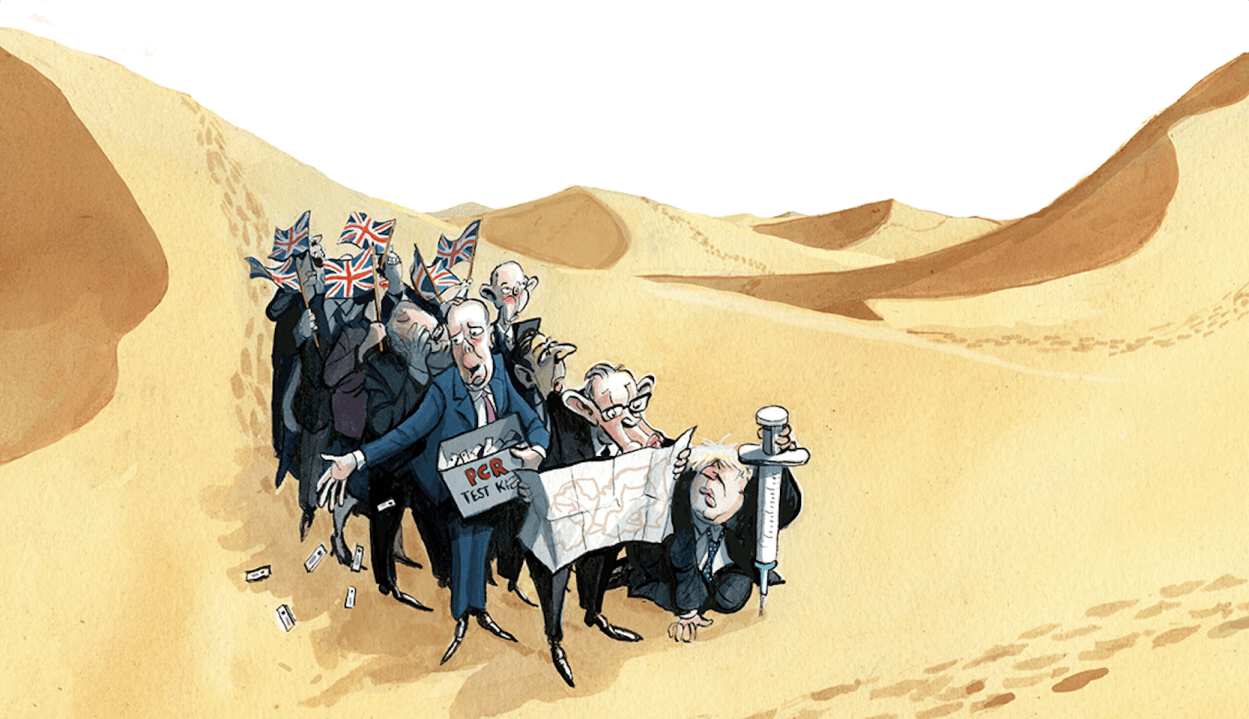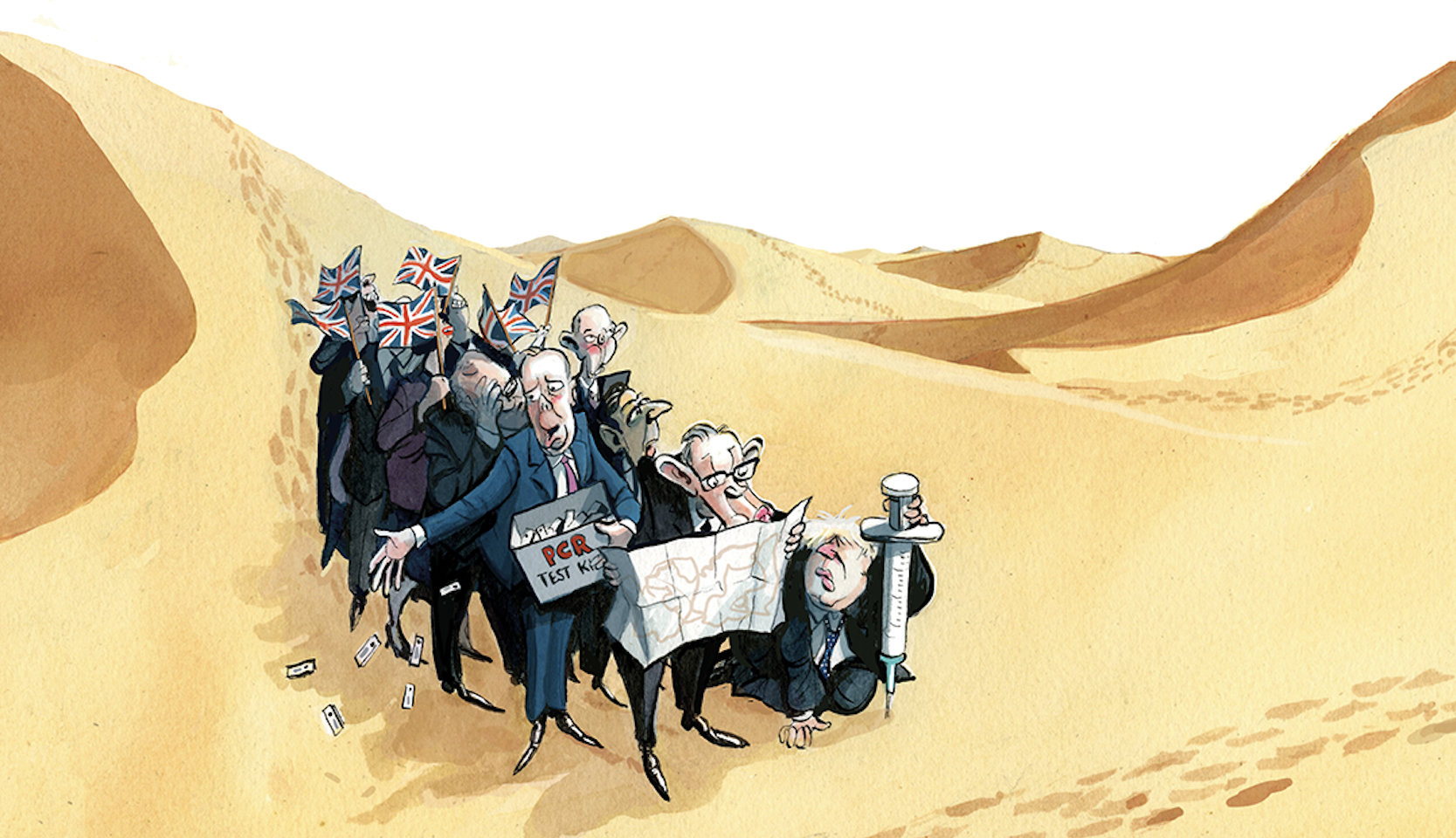Could the NHS backlog be even worse than we feared? It’s been reported that the pandemic has pushed a total of five million people onto NHS England waiting lists. But speaking to BBC Radio 4 on Tuesday, health secretary Sajid Javid revealed a new figure, which was not previously in the public domain:
As a fresh set of eyes coming in, the thing that shocked me most was the huge waiting list and the number of people that did not come forward because of the pandemic. We estimate there’s some seven million people that did not come forward to the NHS to be helped with things like cancer, with heart disease. Think about the deaths that have been sadly caused by that.
It’s hard to wrap one’s head around that figure. Harder still, to understand why the details of these ‘seven million people that did not come forward’ are only now coming to light.
Early indications suggest a willingness to be upfront with the public and make hard but important arguments
It marks another stark contrast between Javid and his predecessor Matt Hancock: it’s not just their attitudes towards risk and reopening that differ, but how they perceive what’s happened to non-Covid patients throughout the pandemic. It was to the frustration of other departments last year, especially when the virus was in retreat, that the health secretary was not adequately flagging the fate of non-Covid patients in group meetings with the Prime Minister. The focus and emphasis was always on Covid patients even in calmer moments for the health service. This caused worry in the NHS too and even led to the service launching its own campaign last winter to encourage non-Covid patients to seek medical assistance in the second wave.
One might argue that it’s easier for Javid to insist, as he did on Times Radio yesterday, that he is ‘not just the Covid Secretary but the health secretary, now that working vaccines have taken much of the string out of Covid-19. But Hancock’s insistence on taking the reverse stance, and the decisions made during his premiership that essentially turned the NHS into a National Covid Service, mean that many of the physical and mental health consequences of lockdown are yet to come to light.
When the details come in, they are bound to make for difficult reading. As Professor Gordon Wishart highlights on Coffee House, the consequences of nearly 16 months of ‘Covid solipsism’ are only starting to reveal themselves. Especially when you compare how countries such as Sweden delivered for cancer patients during the crisis, in contrast to the UK. The first wave last spring saw a 43 per cent reduction in patients undergoing prostatectomies for prostate cancer in the UK, for example — in contrast to a 3 per cent decrease in Sweden.
All this puts even more pressure on the new health secretary to figure out how to play catch-up with well-overdue treatment. More money is likely to only be part of the equation: it may well take some pragmatic but tough sells to the public too. But early indications suggest a willingness to be upfront with the public and make hard but important arguments. Javid acknowledged that case numbers could go higher than the possible 50,000 a day Johnson warned about as we approach 19 July. ‘They could go as high as 100,000 case numbers (a day)’ he said on Tuesday. But ‘what matters more than anything,’ he insisted ‘is hospitalisations and death numbers’, with the link between cases and hospitalisation ‘severely weakened’ thanks to successful vaccines.
This is leading to a lot of praise from those who are tired of well over a year of restrictions. But his honesty cuts both ways. When asked if future restrictions or lockdown tactics might be necessary to curb the virus, Javid replied ‘I hope not’. It was sincere but also, notably, not definitive. It is also a fast shift away from his language in the first few days in the job, that exiting lockdown this time round would guarantee ‘no going back’.








Comments